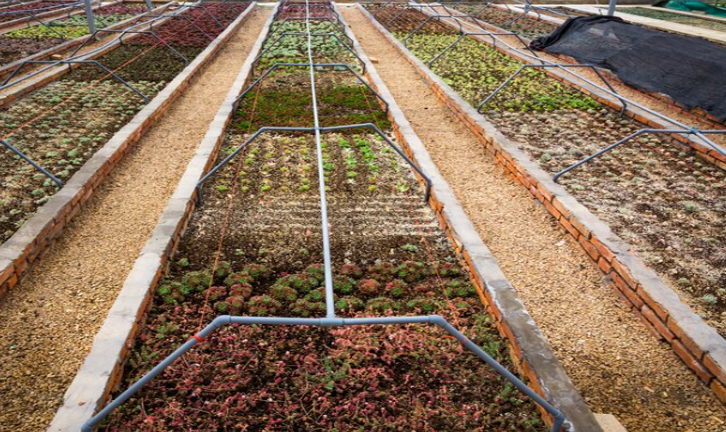ORC Maintenance: Key to Strong Performance
Organic Rankine Cycle (ORC) systems stand out for their ability to generate electricity from low-temperature energy sources. However, regular maintenance is crucial for these systems to operate continuously and reliably. Here are the key elements of ORC maintenance:
- System Monitoring and Control:
Regular monitoring is essential for the efficient operation of ORC systems. Remote monitoring systems capable of quickly detecting potential issues in the system should be employed.
- Heat Exchanger Cleaning:
Heat exchangers play a critical role in ORC systems. Over time, contaminants accumulating on these exchangers can reduce efficiency. Regular cleaning of heat exchangers optimizes system performance.
- Inspection of Control Valves and Ventilation Systems:
Control valves and ventilation systems regulate pressure and temperature in the system. Regular maintenance of these components ensures system stability.
- Inspection of Electrical Connections:
Generators, turbines, and other electrical components should be regularly inspected. Brittle or weak connections can lead to system failures
- Fluid Replacement:
The working fluids used in ORC systems may undergo chemical changes over time. Periodic replacement of the fluid maintains system efficiency.
- Emergency Preparedness:
An ORC system should have the capacity to manage sudden emergencies. Therefore, regular drills and preparations for emergency scenarios are essential.
- Performance Testing:
Periodic performance testing of the system is necessary. These tests evaluate whether the system maintains its previous efficiency levels.
Why ORC Maintance?
System Reliability: Regular maintenance ensures the reliable operation of the ORC system.
Long-Term Efficiency: A cleaned, well-maintained, and optimized system guarantees long-term energy efficiency.
Cost Savings: Regular maintenance prevents unexpected breakdowns, resulting in long-term cost savings.


